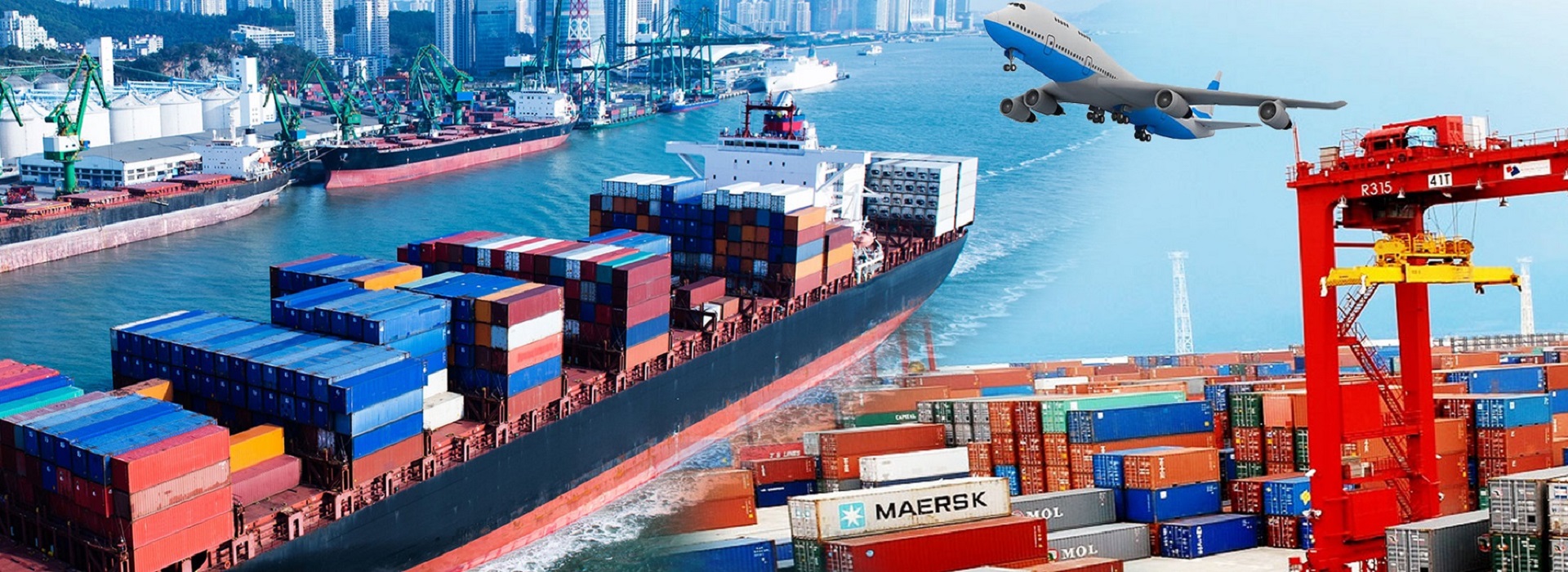China’s sanctions on Hanwha Ocean’s US units raise fears of higher shipping costs
China’s decision to sanction five US-based subsidiaries of South Korean shipbuilder Hanwha Ocean has intensified concerns over rising global shipping costs, as escalating trade tensions

China’s decision to sanction five US-based subsidiaries of South Korean shipbuilder Hanwha Ocean has intensified concerns over rising global shipping costs, as escalating trade tensions between Beijing and Washington threaten to disrupt maritime logistics and trade flows.
The sanctions, announced by China’s Ministry of Commerce, target Hanwha Shipping LLC, Hanwha Philly Shipyard Inc., Hanwha Ocean USA International LLC, Hanwha Shipping Holdings LLC, and HS USA Holdings Corp. The order, effective immediately, bars Chinese firms and individuals from conducting business with these entities.
Beijing said the measures were taken to safeguard national sovereignty and security, alleging that the subsidiaries had assisted US authorities in investigations into China’s maritime and shipbuilding industries.
The move comes alongside a series of reciprocal port fee measures that could drive up freight costs on key trade routes. Beijing confirmed it had begun collecting additional port charges on US-linked vessels while exempting Chinese-built ships—a direct response to Washington’s recent decision to impose higher fees on Chinese ships docking at American ports.
Market observers said the tit-for-tat measures could tighten global shipping capacity and lift overall freight rates, particularly for long-haul routes linking Asia and North America. Higher compliance and transit costs are also expected to filter through to regional exporters and importers in the form of increased Cost, Insurance and Freight (CIF) values.
The dispute comes at a time when China has also expanded its blacklist of US firms and tightened export restrictions on rare earths, prompting renewed threats from the US government to double tariffs on Chinese imports. Beijing has defended its measures as “legitimate actions” to protect national interests.
Analysts noted that the widening trade rift could shift market behaviour, with Chinese buyers likely to favour domestic shipbuilders over American allies like South Korean or Japanese rivals to mitigate sanction risks. The developments may also provide Chinese shipping lines with room to raise freight rates amid increasing operational barriers.
Given that more than 80% of global goods move by sea, any sustained rise in maritime costs could ripple through manufacturing and commodity supply chains across Asia. According to data from Clarksons, in the shipbuilding sector, China holds a 34.8% share of global output, followed by South Korea at 30.9%, underlining the stakes for both industries.
In the regional polyolefins trade, Chinese sellers could face pressure to lower Free on Board (FOB) offers to maintain export competitiveness, while CIF prices for destinations such as Vietnam and Indonesia may edge higher in line with freight and insurance adjustments.
Separately, China’s Ministry of Transport said it has launched an investigation into the impact of Washington’s Section 301 probe on Chinese shipping and shipbuilding sectors, including whether any companies or individuals had engaged in “discriminatory restrictive behaviours” against China’s maritime supply chain.
Written: Farid Muzaffar
